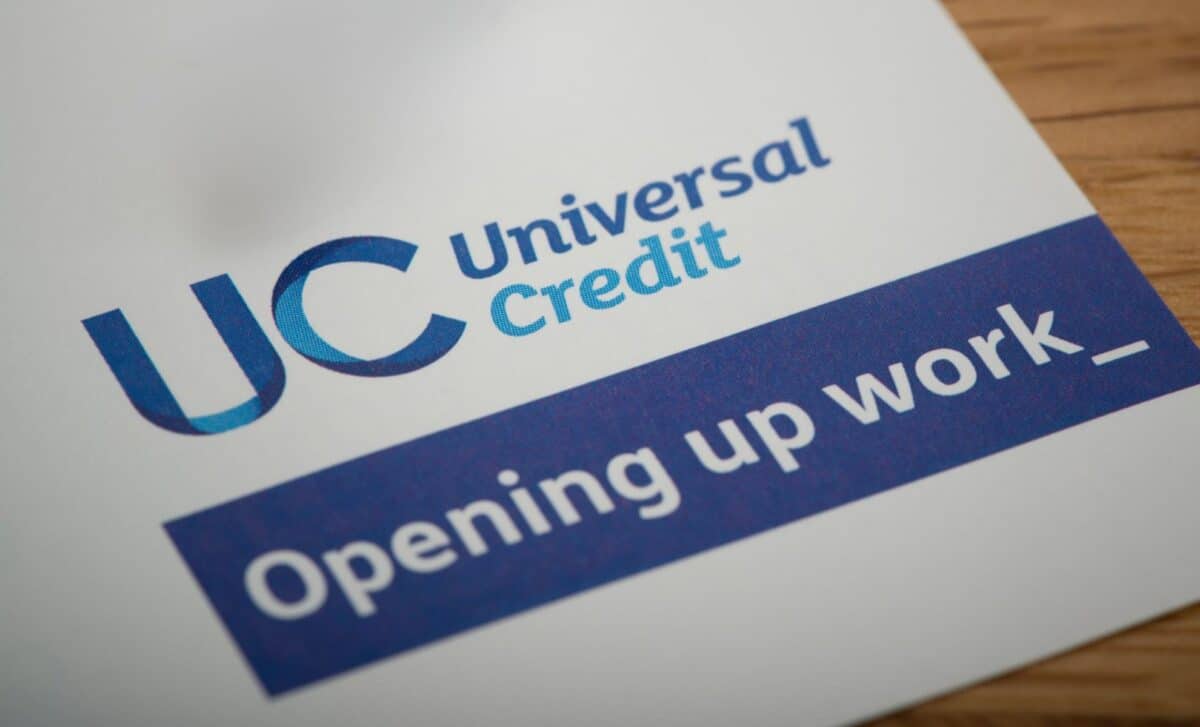Millions of households in the UK will be impacted by the significant changes to Universal Credit being introduced by the Department for Work and Pensions (DWP). These adjustments, which are made in the face of ongoing economic difficulties, demonstrate the government’s resolve to simplify welfare and modify assistance to reflect inflation.
More than 6.27 million people were getting Universal Credit as of November 2023. It is anticipated that these modifications, which are set to go into effect in the upcoming months, will present claimants navigating the Cost of Living Crisis with both possibilities and difficulties.
Benefit payment rates to rise in response to inflation
From April 2023, Universal Credit payments will increase by 6.7% as part of the government’s annual adjustment to reflect inflation. This uplift aims to alleviate financial pressures for low-income families as the cost of essential goods and services continues to rise.
However, recipients should note that the new rates may not be immediately visible in their payments. As benefits are issued in arrears, the April increase will result in partial payments based on both old and new rates until a full payment cycle under the new system is completed in May.
These adjustments fall under the broader Social Security Uprating Bill, which governs annual reviews to align welfare payments with inflation indices. Such measures are designed to offer greater stability to those most affected by the ongoing economic pressures.
Transition to Universal Credit continues for tax credit claimants
The Department for Work and Pensions (DWP) is continuing its phased migration of tax credit claimants to Universal Credit, part of a long-term reform to simplify the welfare system. Tax credits, including Working Tax Credit and Child Tax Credit, are being replaced by Universal Credit as the government moves towards a unified benefits program.
Unlike previous transitions, this process requires tax credit claimants to actively apply for Universal Credit or Pension Credit, as the migration will not happen automatically. Claimants are urged to act promptly upon receiving a migration notice from the DWP to avoid interruptions in financial support. Migration notices, which provide instructions for applying, are being issued in stages, with the transition expected to be largely completed by 2024.
Advocacy groups and welfare advisers have stressed the importance of early action, particularly for vulnerable households. Delayed applications could result in lapses in support, as existing tax credit payments cease after the migration period ends. The DWP has reassured claimants that support is available to assist with the transition, including guidance on navigating the application process and understanding entitlement changes.
The government views Universal Credit as a more streamlined and adaptable benefits system, offering consolidated payments and dynamic adjustments based on claimants’ circumstances, such as income fluctuations.









